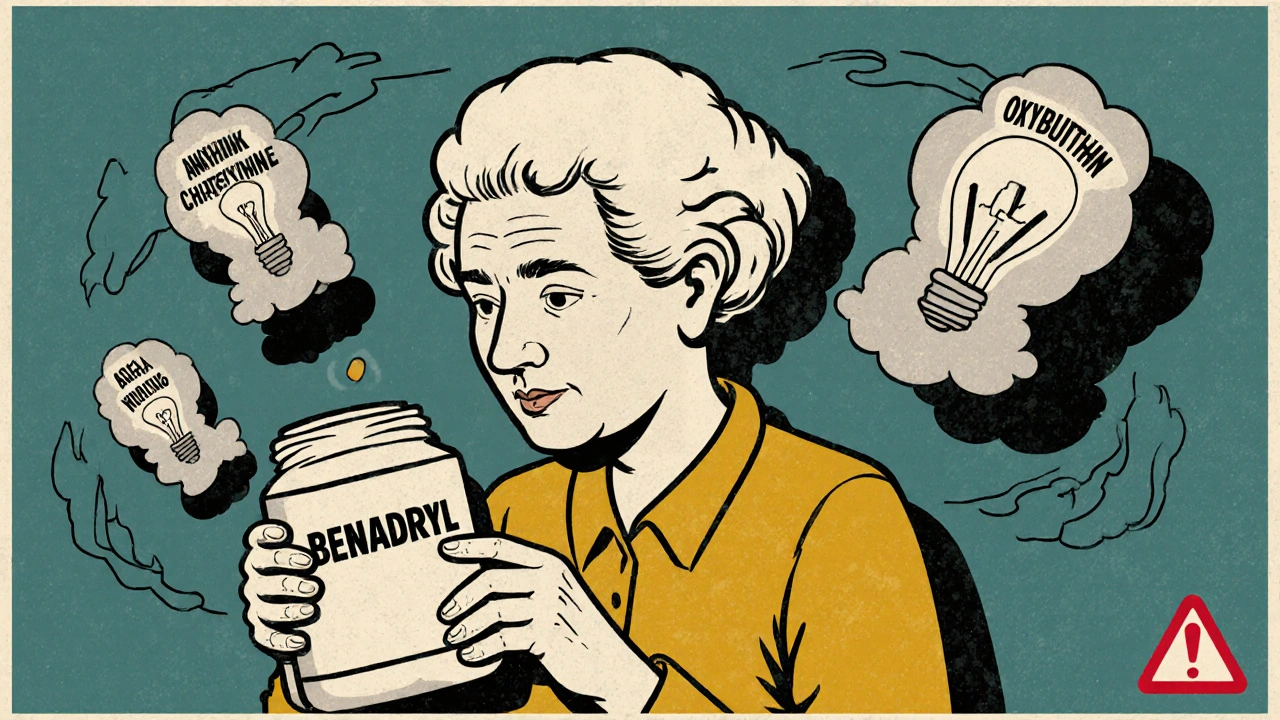Cognitive Decline: What Causes It and How to Support Brain Health
When we talk about cognitive decline, a gradual loss of thinking skills like memory, focus, and decision-making. Also known as mild cognitive impairment, it's not a disease—but it can be a warning sign that your brain needs support. Many people assume it’s just part of getting older, but research shows it’s often tied to things you can control: poor sleep, chronic inflammation, medication side effects, or even untreated sleep apnea.
Take melatonin, a hormone your brain makes to regulate sleep. It doesn’t magically boost memory, but if you’re not sleeping well, your brain can’t clean out toxins or lock in memories properly. That’s why people with poor sleep often notice brain fog first. Then there’s off-label drug use, when doctors prescribe medications for uses not officially approved by the FDA. Some of these—like certain antidepressants or diabetes drugs—can quietly affect cognition over time. And don’t overlook sleep apnea, a condition where breathing stops during sleep. If your brain is starved of oxygen at night, even for seconds at a time, it adds up. Studies show people with untreated sleep apnea are twice as likely to develop memory problems.
You won’t find a single pill that fixes cognitive decline. But you will find real, practical help in the posts below. From how melatonin supports memory through better sleep, to how common painkillers or diabetes meds might be quietly hurting your focus, these articles cut through the noise. You’ll see how shift work messes with your brain’s rhythm, why some antibiotics might affect cognition, and what actually works to keep your mind sharp as you age. No hype. No supplements that promise miracles. Just clear, grounded advice based on what’s been studied—and what’s actually helping real people.

27
Oct
Many older adults take first-generation antihistamines like Benadryl daily for sleep or allergies, unknowingly increasing their risk of cognitive decline. When combined with other medications, the cumulative anticholinergic burden can lead to dementia, falls, and hospitalization. Learn how to identify and reduce this hidden danger.


